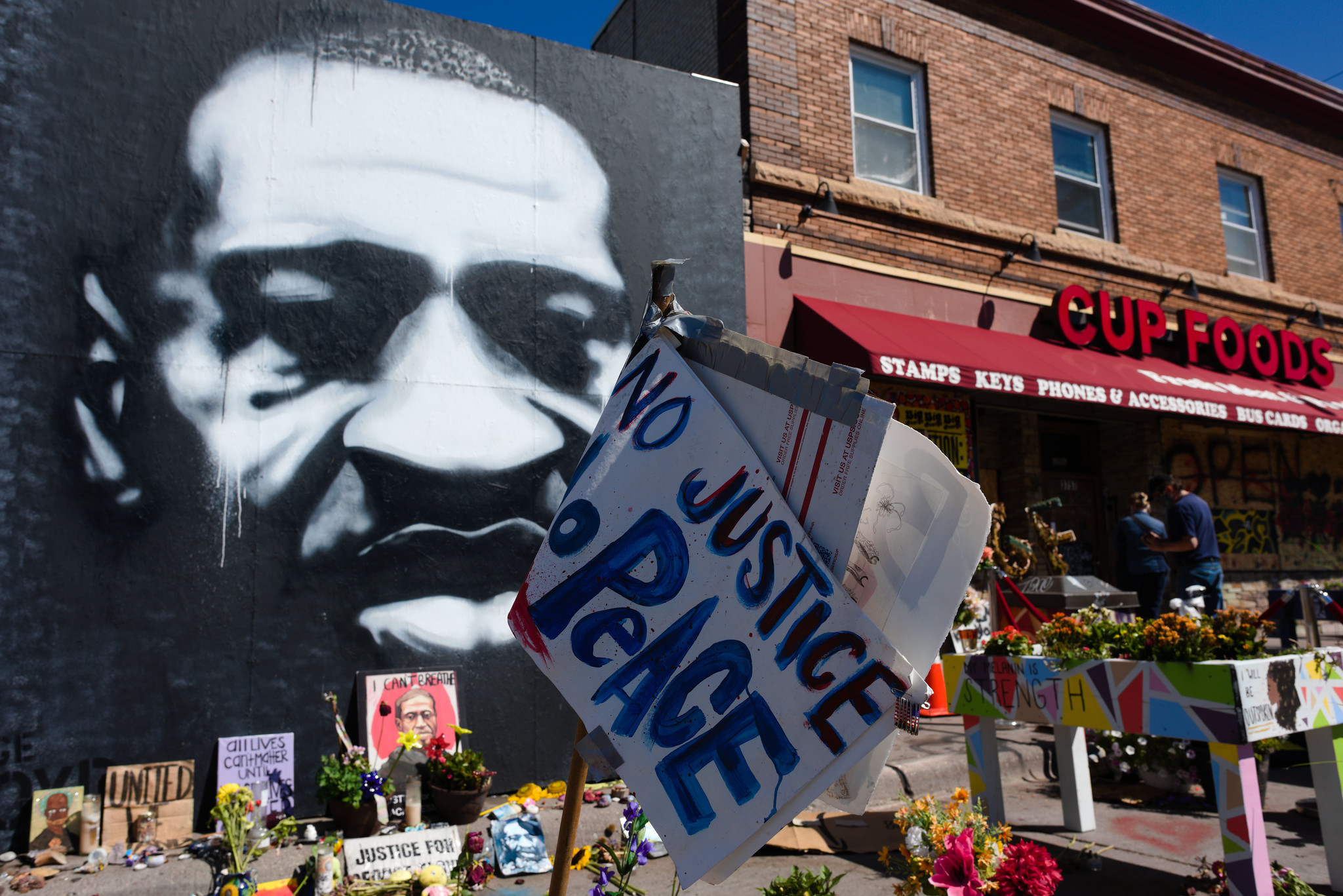Why New Jersey Must End Police Secrecy Now
Najee Seabrooks’ death has prompted the state’s attorney general to take control of Paterson’s police department.
03.31.23 By Daniele Selby
The New Jersey attorney general’s office has taken control of the Paterson Police Department, citing a “crisis of confidence in law enforcement in this city,” Attorney General Matthew J. Platkin announced at a press conference on Monday.
The move, which comes on the heels of the killing of 31-year-old Najee Seabrooks by police, both signals a serious problem within the Paterson police department and serves as a reminder that transparency into police misconduct records is still much needed in Paterson and beyond.
While experiencing a mental health crisis on March 3, Mr. Seabrooks called 911, saying he believed “dangerous people” were after him. He asked police to help safely escort him out of his brother’s apartment in Paterson, where he had locked himself inside the bathroom.
Police arrived on the scene and tried to convince Mr. Seabrooks to leave the bathroom. Mr. Seabrooks threatened to harm himself — and ultimately did — with knives he had taken from the kitchen. Over the course of four hours, officers allowed his mother and uncle to speak with him through the bathroom door. However, law enforcement refused to let his co-workers speak to him, despite the fact that that Mr. Seabrooks’ colleagues were trained violence interventionists whom Mr. Seabrooks had asked to come to help him.
Periodically, Mr. Seabrooks poked his head out from behind the door, and police responded by firing bean bag rounds at him. And when he finally did emerge from the bathroom, he was shot and killed within seconds by police waiting behind bulletproof shields.
Mr. Seabrooks’ death has prompted outcry from his family, his community — including the Paterson Healing Collective, where he worked as a violence intervention counselor, and BLM Paterson — and people across the country.
The attorney general’s takeover of “all law enforcement functions of the Paterson Police Department” appears to acknowledge longstanding issues in the city’s police department, including decades of reported police brutality and excessive use of force. In recent years, several of the city’s officers have been charged with excessive use of force and other forms of misconduct. At least five officers from the city’s infamous “robbery squad” have been convicted of illegally stopping and stealing from residents.
“When residents and officers are not supported, when the fragile trust between the two essential parts of our community are frayed or, as I believe to be the case here, decimated, then people are not safe,” Attorney General Platkin said at the press conference.
But efforts to rebuild that trust are hindered by the lack of police transparency that persists in the state. More than 50% of known wrongful convictions in New Jersey involved police misconduct, such as witness tampering or withholding evidence, according to the National Registry of Exonerations.
Yet the vast majority of complaints against officers and whether those investigations into those complaints resulted in disciplinary action are still kept secret. Too often, this means residents do not learn about an officer’s history of misconduct in their community until that misconduct has resulted in a wrongful conviction — or worse — a senseless death.
A coalition of activists, faith leaders, and organizations — including the Innocence Project, ACLU of New Jersey, Black Lives Matter Paterson — are advocating for an end to police secrecy and urging New Jersey lawmakers to pass Senate Bill 371/Assembly Bill 996. The bills, with lead sponsors State Senator Nia Gill and Assembly Member Verlina Reynolds-Jackson, would bring New Jersey’s legislation in line with other 18 states, including Ohio and Florida, that already provide public access to law enforcement disciplinary records.
Keeping communities safe means being able to hold those in power accountable. Having access to police misconduct and disciplinary records would be a major step towards accountability and repairing community trust in law enforcement. Access to these records can help uncover the types of misconduct that cause wrongful convictions and can aid those fighting to prove their innocence. Making this crucial information public would enable community members to see if their official complaints are being addressed before it’s too late.
Leave a Reply
Thank you for visiting us. You can learn more about how we consider cases here. Please avoid sharing any personal information in the comments below and join us in making this a hate-speech free and safe space for everyone.
May 19, 2024 at 6:07 pm



absolutely essential!!!